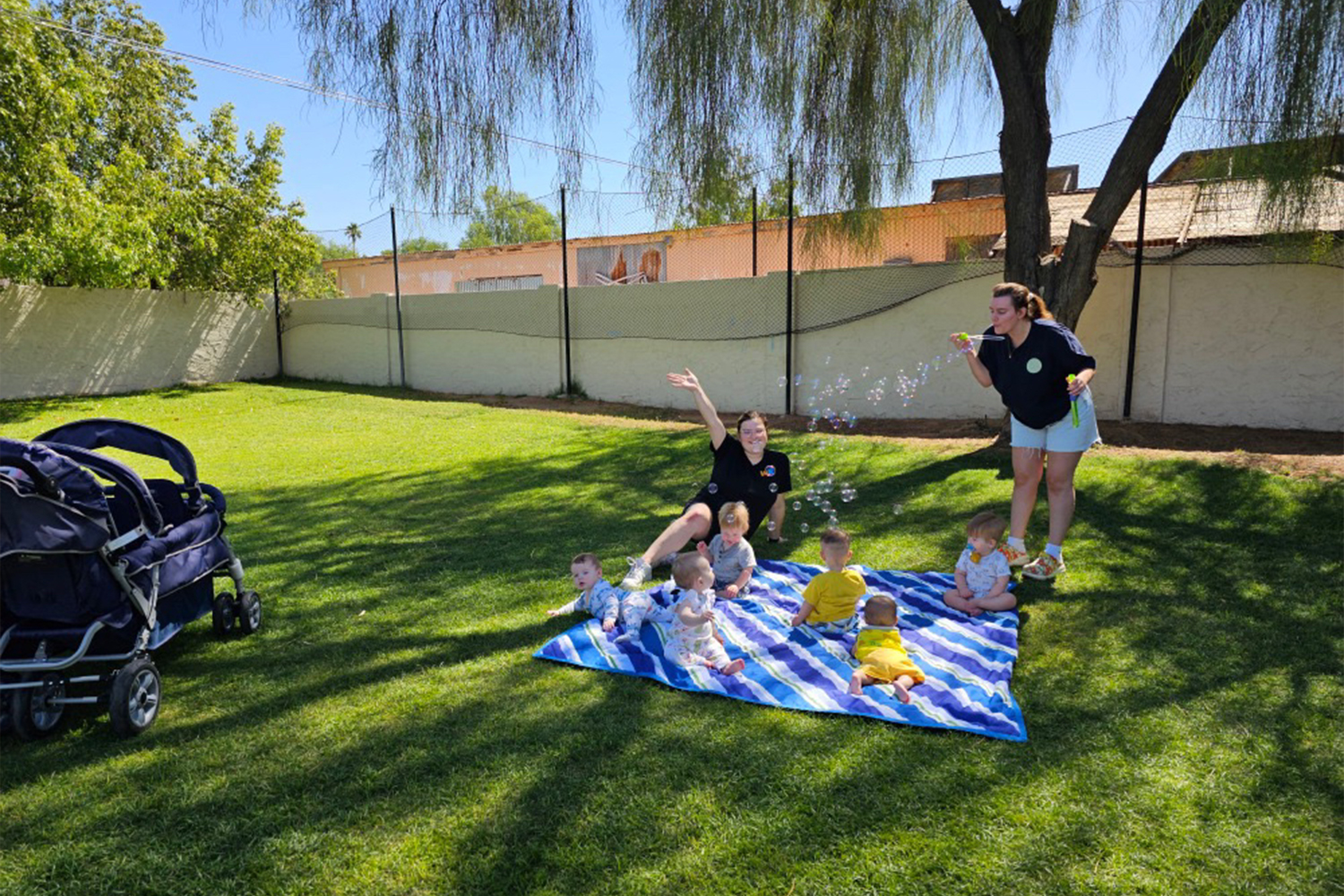In today’s fast-paced world, our children are surrounded by a myriad of distractions – be it screens, toys, or structured activities. Amidst all these, it’s easy to overlook a crucial aspect of childhood – the formation and nurturing of genuine social connections. At Whiz Kidz Preschool, we’re on a mission not just to educate in the academic sense, but to mold holistic individuals. And this journey starts with instilling robust social skills.
The Power of Friendships
The first friends our children make often play a pivotal role in shaping their personalities, self-worth, and view of the world. A friend can be a confidante, a partner-in-crime, a shoulder to lean on, or simply someone to share a good laugh with. These early relationships teach children about trust, loyalty, and the joys of companionship.
Furthermore, forming these bonds early in life helps children develop a sense of empathy. They begin to understand and appreciate the feelings and perspectives of others. They learn that the world doesn’t just revolve around them and that sharing, listening, and cooperation are keys to harmonious relationships.
Teaching Conflict Resolution
Let’s face it; no relationship is without its disagreements, especially when it involves young, impulsive minds. However, these minor tiffs and quarrels are, in fact, golden opportunities. At Whiz Kidz, we view these moments as teachable instances where kids can learn the art of conflict resolution.
By guiding them gently through these situations, children learn that it’s okay to have differing opinions, but it’s essential to express them respectfully. They learn about compromise, about the art of listening, and about the beauty of forgiveness. These are not just lessons for preschool; these are life lessons that will hold them in good stead throughout their life-long journey.
Building Interpersonal Skills
Beyond friendships and conflict resolution, there’s a broader spectrum of social skills that every child should be equipped with. Skills like understanding non-verbal cues, waiting one’s turn, or simply greeting someone with a smile can set the foundation for successful interpersonal relationships in the future.
In our environment at Whiz Kidz, we encourage group activities. These can be as simple as circle time songs, group art projects, or team-based games. Each of these activities teaches children about collaboration, patience, and the importance of individual contributions in a team setting.
Parental Role in Enhancing Social Skills
While Whiz Kidz is committed to fostering these skills, it’s essential to understand that social skills aren’t just learned within the four walls of our preschool. They are honed and refined in the real world – at the park, during playdates, at family gatherings, or even during simple supermarket visits.
As parents and guardians, you play a crucial role in this. Encourage your child to interact with peers, be observant and step in when necessary to guide them, but also give them the space to navigate social situations on their own. Remember, every interaction, whether positive or challenging, is a learning experience.
The Long-term Benefits
You might wonder, with an emphasis on academics and skills-based learning in today’s world, why such a focus on social skills? The answer is simple: Holistic development. While academic accomplishments are crucial, the ability to navigate social situations with grace, understanding, and empathy can determine success in both personal and professional arenas.
Children with strong social skills tend to develop into confident, empathetic, and effective communicators. They’re better equipped to handle stress, work in teams, and lead with compassion. In essence, these early lessons form the bedrock of not just successful careers, but fulfilling lives.
In a world that’s becoming increasingly connected yet paradoxically isolated, the importance of genuine human connections cannot be stressed enough. At Whiz Kidz Preschool, while we pride ourselves on our academic curriculum, we believe that nurturing the heart is just as crucial as nurturing the mind.
So, as we join hands in ensuring the best for our children, let’s remember that sometimes the most critical lessons in life aren’t about numbers, alphabets, or science experiments. They’re about laughter, understanding, bonds, and the magic of human connection. Let’s build these bonds, one child at a time.

